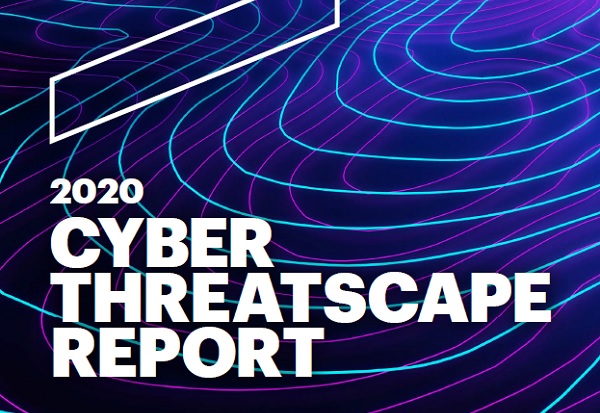EXECUTIVE SUMMARY
In the past year, security strategies and practices have been tested like no other. Rapidly accelerated digital transformations, opportunistic phishing campaigns, discontinuity of information security operations and financial constraints are creating the perfect storm in a COVID-19-disrupted world. CISOs who understand these challenges and can pivot their security approach can help their organizations to emerge stronger.
Accenture Cyber Threat Intelligence (Accenture CTI) has been creating relevant, timely and actionable threat intelligence for more than 20 years. Now, following the acquisitions of Context1 in March 2020 and Seattle-based Security of Things company, Deja vu Security2 in June 2019, Accenture Security has gained an additional 20 years’ intelligence reporting and deep expertise in the techniques, tools and methods for securing connected devices and Internet of Things (IoT) networks. The cyber threat intelligence team, referred to in this report as Accenture CTI, provides IT security and business operations with actionable and relevant decision support.
Since our last report in 20193, our cyber threat intelligence and incident response teams have investigated numerous cases of suspected cyber espionage and financially-motivated targeting. During these investigations, threat intelligence analysts and incident responders have gained first-hand visibility of the tactics, techniques and procedures (TTPs) employed by some of the most sophisticated cyber adversaries.
Our track record of experience serves us well as we unravel the changes in cybersecurity threats in the last 12 months4. Early in 2020, due to the COVID-19 pandemic, most businesses across the globe found they needed to shift quickly to remote work—some did so according to a plan, others reacted but not according to their plan, and still more did not even have a plan. Remote work has challenged enterprise security monitoring in numerous ways from the platforms used for communication to the devices people are using and networks on which they transmit data. We have seen an increase in social engineering opportunities as cyberespionage and cybercriminal groups attempt to take advantage of vulnerable employees unfamiliar with managing their technology environments. The worldwide, economic and business disruptions have put tremendous financial challenges on businesses. Those pressures inevitably flow down to information security operations to maintain or increase coverage under ever-tighter budgetary constraints.
Download the report to find more.


